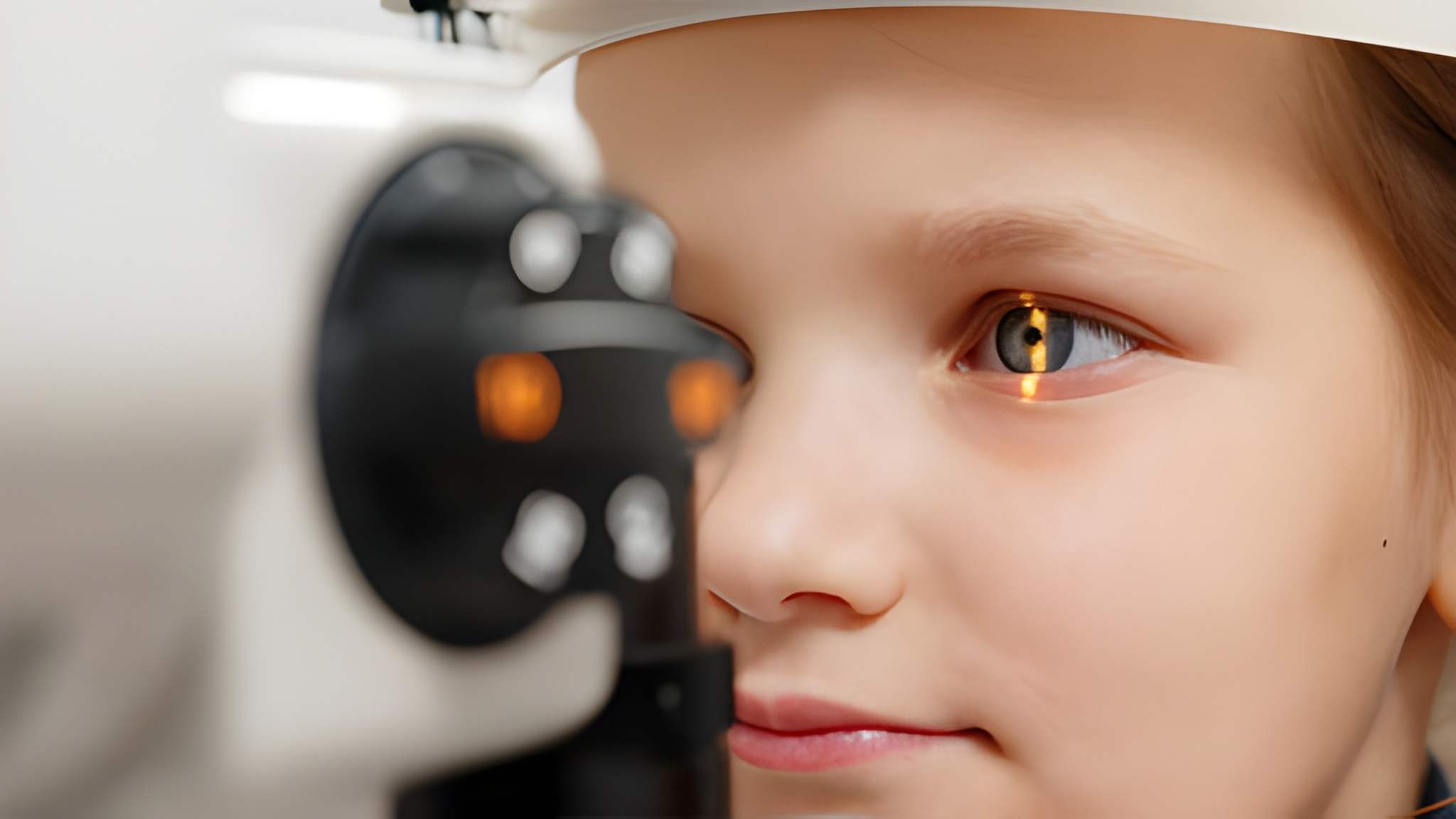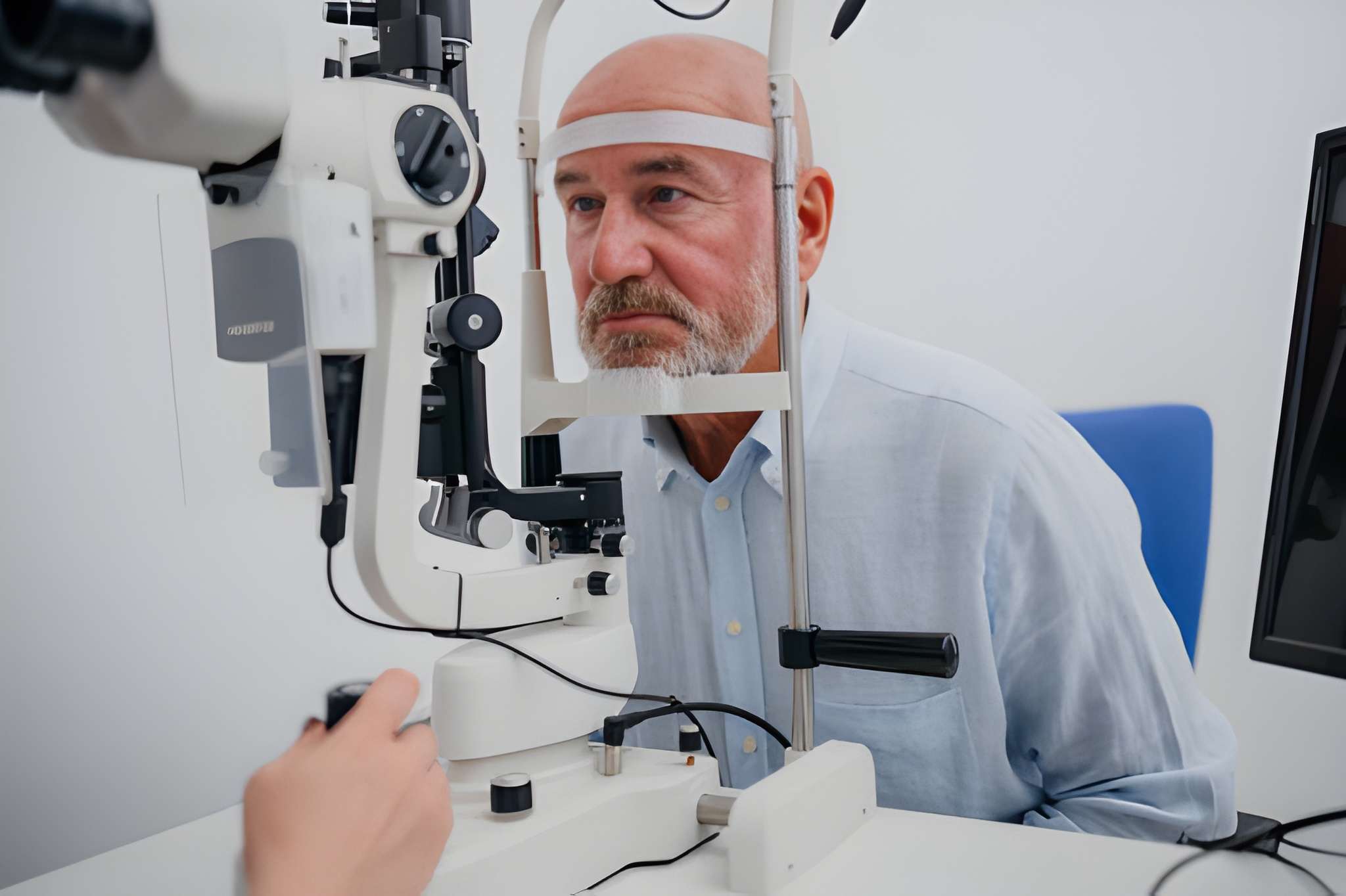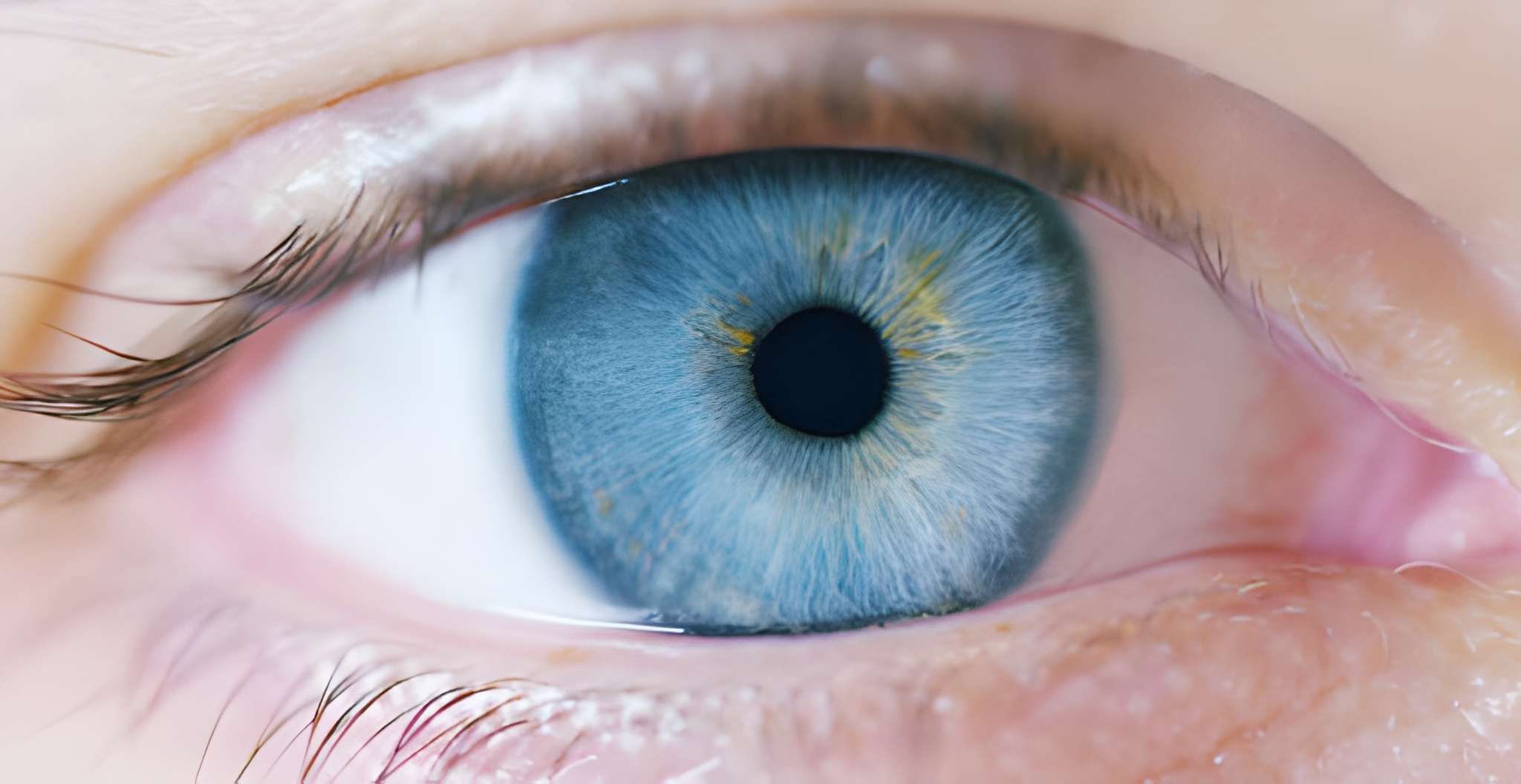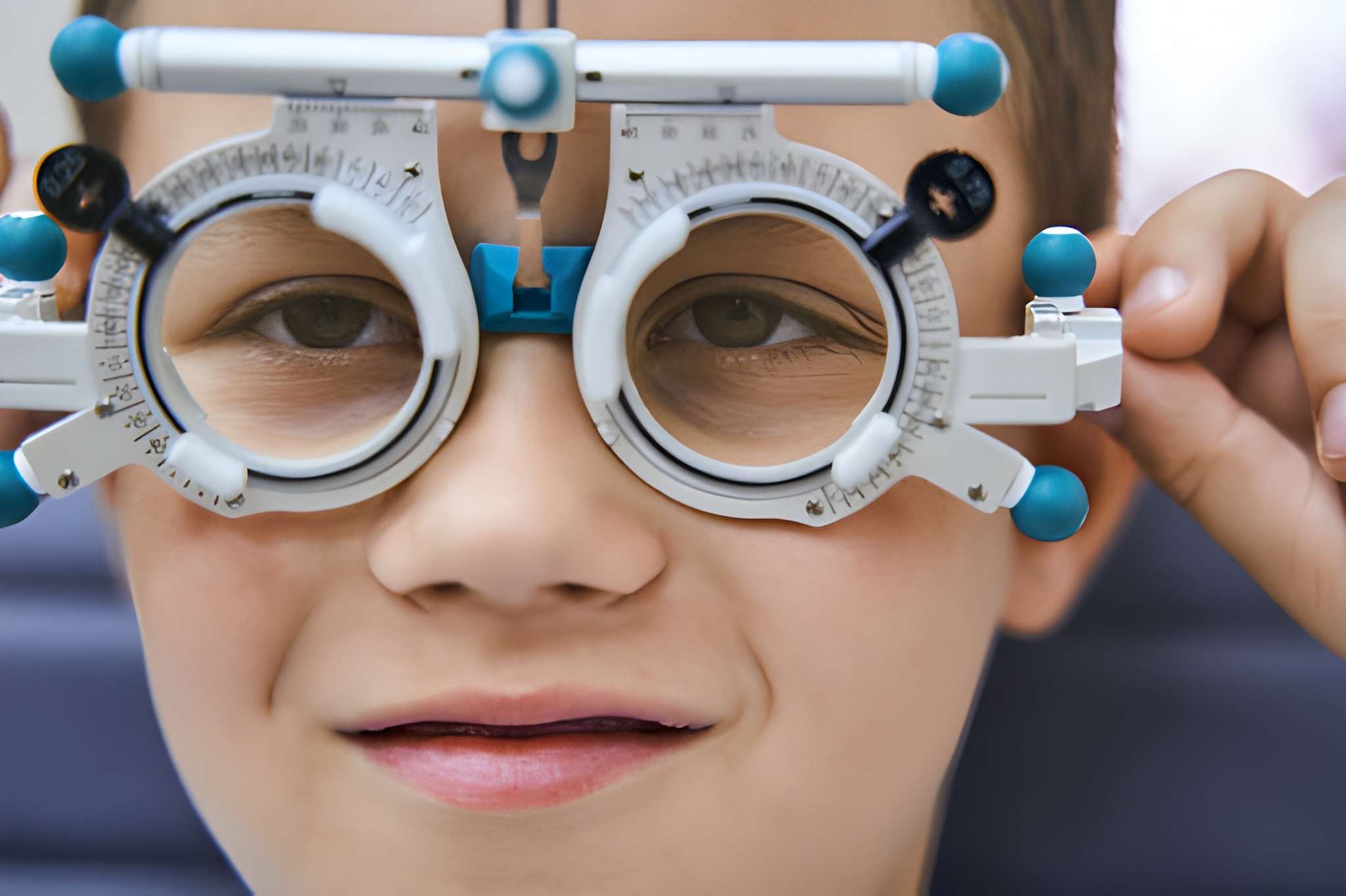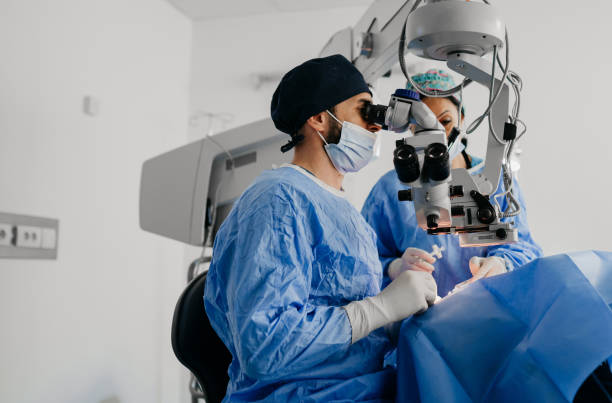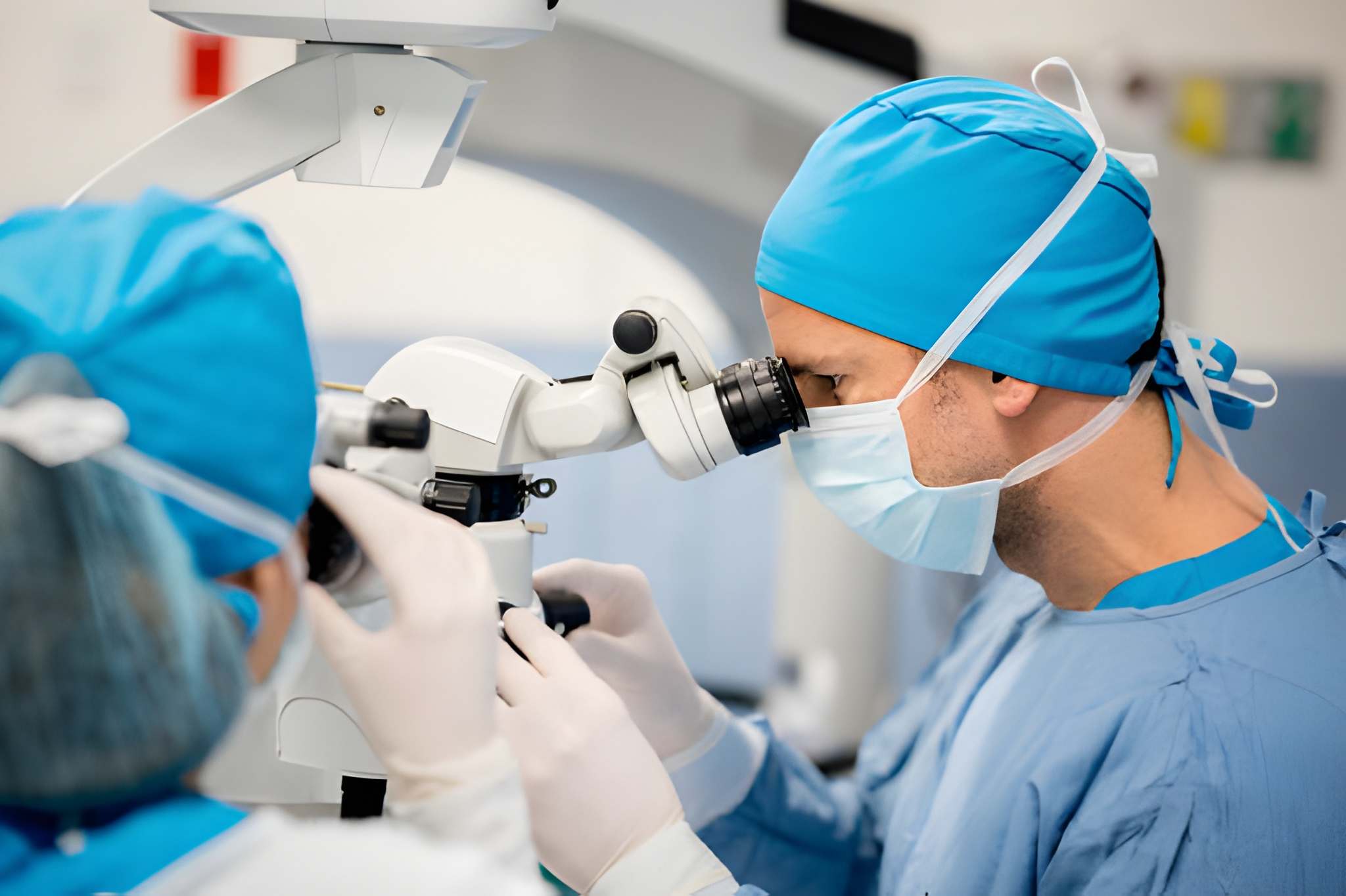A pediatric ophthalmologist specializes in diagnosing, managing, and treating eye conditions in children. They provide tailored care for young patients, ensuring optimal visual development from infancy through adolescence.
Pediatric ophthalmologists focus on the unique eye care needs of children, from infants to adolescents. Their role is crucial in diagnosing and treating conditions that could impact a child’s visual development. Through their expertise, they ensure that children receive the proper care to maintain healthy vision as they grow.
What Does a Pediatric Ophthalmologist Do?
Pediatric ophthalmologists are specialized medical professionals who treat eye conditions in children, from basic eye health to complex visual issues. As the Best Retina Eye Specialist in Dubai, they address a wide range of conditions, ensuring that children develop healthy vision during crucial growth stages. Their expertise ensures that eye disorders, including retinal conditions, are diagnosed early and treated effectively.
Consult With Pediatric Ophthalmologist in Dubai
Common Conditions Treated by Pediatric Ophthalmologists
Amblyopia: Also known as “lazy eye,” it is a condition where one eye does not develop proper vision. Early treatment can prevent permanent vision loss.
Strabismus: Misalignment of the eyes that can lead to depth perception issues. Treatment may include corrective lenses or surgery.
Refractive Errors: Conditions like myopia (nearsightedness), hyperopia (farsightedness), and astigmatism, which can be corrected with glasses or contact lenses.
Congenital Eye Abnormalities: Conditions like cataracts or glaucoma that are present at birth and need early intervention.
Book Appointment For Strabismus Surgery in Dubai
Step-by-Step Process in Pediatric Ophthalmology
1. Consultation and Initial Assessment
A thorough consultation to assess the child’s eye health and discuss any concerns. This often involves an eye exam and a review of medical history.
2. Diagnosis and Treatment Planning
After diagnosis, the pediatric ophthalmologist recommends a treatment plan that may involve medication, corrective lenses, or surgery.
3. Ongoing Monitoring and Follow-Up
Regular follow-ups are important to ensure the child’s eye health continues to improve and that treatments are effective.
More Information: What Vitamin Deficiency is Retina?
Call to Action: Schedule an Appointment with Dr. Qasim
Are you seeking expert care for your child’s eye health in Dubai? Dr. Qasim is renowned as the best pediatric ophthalmologist in Dubai. With specialized training and compassionate care, he’s dedicated to safeguarding your child’s vision. Whether for a routine eye exam, treatment for an eye condition, or ongoing visual health management, Dr. Qasim provides tailored services to meet your child’s unique needs.
Book your appointment today and ensure your child’s vision is in the best hands.
FAQs (People Also Ask)
1. What is the qualification of a pediatric ophthalmologist?
A pediatric ophthalmologist completes medical school, a residency in ophthalmology, and then a fellowship in pediatric ophthalmology, specializing in the eye care of children.
2. What are the common conditions treated by pediatric ophthalmologists?
Conditions include amblyopia, strabismus, refractive errors, and congenital eye abnormalities such as cataracts or glaucoma.
3. What is the role of a pediatric ophthalmologist in child development?
They ensure that visual challenges are addressed early, supporting the child’s cognitive, social, and academic development by providing timely interventions.
4. When should my child see a pediatric ophthalmologist?
It’s recommended that children have their first eye exam by age 1 or within six months of their first tooth appearing.
5. Can pediatric ophthalmologists work with other healthcare professionals?
Yes, they often collaborate with pediatricians, optometrists, neurologists, and other specialists to provide comprehensive care for children with complex conditions.
Last Updated
Last updated: 23 January 2026




